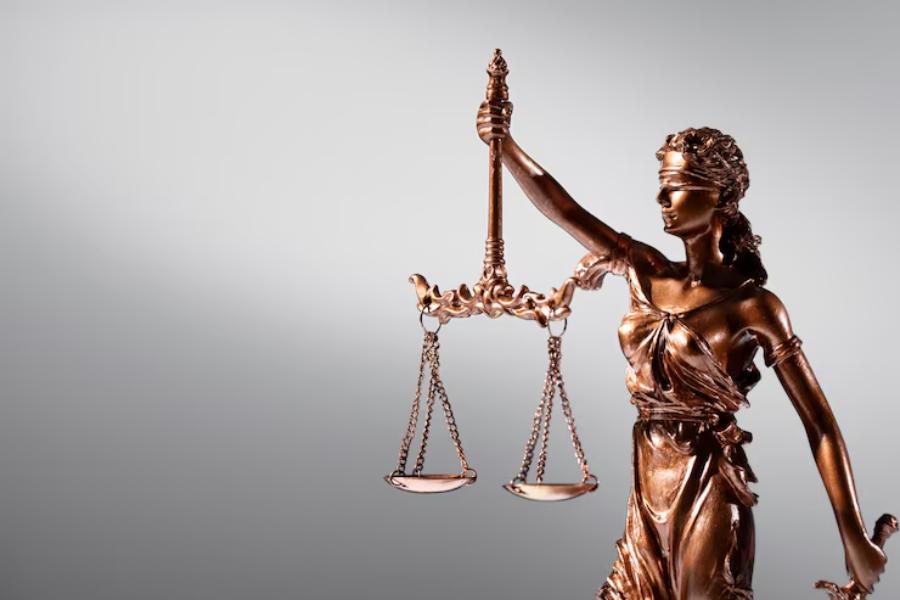Sexual abuse and harassment are serious problems that affect people across all ages, genders, and backgrounds. They can happen at work, school, home, or in public. Many people experience these acts but don’t always know what the law says about them or what can be done.
Understanding these legal terms is essential. It can help victims speak up and take the proper steps toward justice. To learn more or take action, visit the File Abuse Lawsuit for legal help. Laws are in place to protect victims, but knowing how they work makes all the difference.
Let’s dive in:
What Is Sexual Abuse?
Sexual abuse is when someone forces or tricks another person into unwanted sexual activity. This includes rape, molestation, and any type of sexual contact without agreement. The law says that all people must give explicit and willing consent before any sexual activity happens.
Consent means saying “yes” freely, not out of fear, confusion, or pressure. The law also says some people cannot be permitted at all. This includes children, people who are asleep, drunk, drugged, or mentally impaired.
According to RAINN (Rape, Abuse & Incest National Network), someone in the U.S. is sexually assaulted every 68 seconds. Yet out of every 1,000 offenders, only 25 are sent to prison. This shows how often these crimes happen—and how rarely justice is served.
What Is Sexual Harassment?
Sexual harassment is unwanted behavior that makes someone feel unsafe, embarrassed, or uncomfortable. It often happens at work or school. This includes rude comments, jokes, or actions about someone’s body, looks, or sex life. It can also mean asking for sexual favors in exchange for work benefits or good grades.
There are two main kinds of sexual harassment:
- Quid pro quo – This happens when a boss, teacher, or someone in power offers a reward in exchange for sexual acts.
- A hostile work or school environment happens when ongoing behavior creates an unsafe or offensive space.
Even if the person says something is “just a joke,” it may still count as harassment under the law. What matters is how it affects the other person.
What Do the Laws Say?
In the U.S., both federal and state laws protect people from sexual abuse and harassment.
- Title VII of the Civil Rights Act of 1964 bans sexual harassment at work.
- Title IX: This law protects students and school staff from harassment and assault.
- State laws: Each state has its own rules, some stricter than others. Most include jail time, fines, or sex offender registration for serious crimes.
Many countries outside the U.S. have similar laws, although the details vary. In most places, these actions are illegal and punishable.
What Counts as Consent?
Consent is a key part of both abuse and harassment laws. It means agreeing to something by choice and understanding what it means. Someone scared, threatened, confused, or unable to think clearly cannot give real consent.
The law is apparent: silence is not consent. Being drunk is not consent. Being young or afraid is not consent.
What Are the Legal Consequences?
The law treats these actions seriously.
- Sexual abuse is a criminal act. Offenders can go to jail, pay fines, and end up on a sex offender list for life.
- Sexual harassment is usually a civil matter. The person may have to pay damages, lose their job, or be banned from certain places.
Victims can also sue in court. They may receive money for pain, stress, lost income, or medical costs. Many workplaces and schools have systems to handle these complaints and punish the wrongdoers.
How Do You Report It?
People who face abuse or harassment can report it in many ways:
- Call the police if there’s a crime.
- Go to a hospital or clinic.
- Tell a trusted person at work or school, like a manager or counsellor.
- Speak with a lawyer who knows these cases.
Even if the event happened long ago, it might still be possible to take legal action. Many states now give victims more time to report these crimes.
Why Don’t People Report?
Many people don’t speak up. They may feel ashamed, scared, or worried that no one will believe them. Others stay quiet because the person who hurt them has more power or is well-known.
The system isn’t perfect. But knowing the law and your rights can help protect you and others.
The Final Verdict
Sexual abuse and harassment are not just bad behavior—they are legal violations. The law has clear rules about what they are and how to deal with them. Learning these definitions helps create a safer world for everyone.

